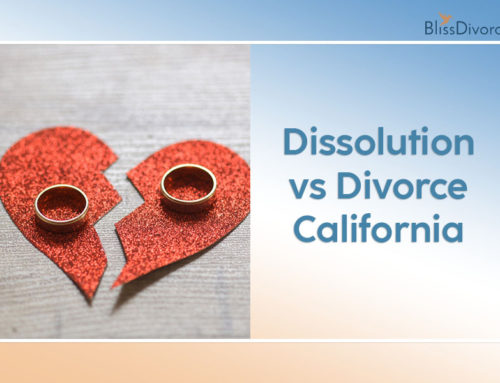There are many factors to consider when thinking about divorce. If you and your spouse are already thinking about living apart, but are considering legal separation as a next step, this article is for you. Here are some things to be aware of when making the decision.
What Is “Legal Separation”?
A couple can consider themselves separated as soon as they are sleeping in separate rooms. Legal separation, however, is different.
In a legal separation, the two spouses remain married but lead separate lives, usually living apart. It’s done with a court order. That order will include many of the same facets as a divorce agreement, such as custody arrangements, child support, property division, and even alimony.
Laws vary from state to state, of course. Some states don’t recognize legal separation at all. Others may require it before a couple can get divorced.
How Is It Different From Divorce?
The most important difference between legal separation and divorce is whether you or your spouse may remarry. With a divorce, you are free to marry someone else. With legal separation, you are not.
A second difference is that legal separation is reversible. You can go back to family court and cancel or set aside the order. If you get divorced and reconcile with your ex-spouse, you’ll need to start over and get married again.
There are also tax differences between divorce and legal separation. With legal separation, you remain married, and you will file as a married person. After a divorce, by contrast, you file as a single person.

Source: shutterstock.com / Photo Contributor: TheCorgi
Why Choose Legal Separation?
There are many reasons that couples choose to remain legally separated rather than getting divorced. The reasons may be religious, family, health, or benefits related.
Religion
Some people’s religious beliefs do not allow for divorce. A legal separation allows a couple to make arrangements for child custody and support, spousal support, and property division while respecting their religious convictions and leaving room to reconcile.
Health Insurance
Another important consideration is health insurance and other benefits. Depending on your retirement or insurance plan, remaining married may allow you to continue to share benefits. It’s important to note that some plans consider legal separation equivalent to divorce in terms of coverage. Check with your provider or employer before making your decision to make the decision.
The Ten-Year Mark
Certain military and Social Security benefits are only available to an ex-spouse if they divorce after the ten-year mark. Thus, legal separation may be preferable as a way of re-organizing their family situation until those benefits can be secured.
*This article is for informational purposes only and is not intended to provide legal advice. If you require legal advice, please contact a licensed attorney in your local area.




